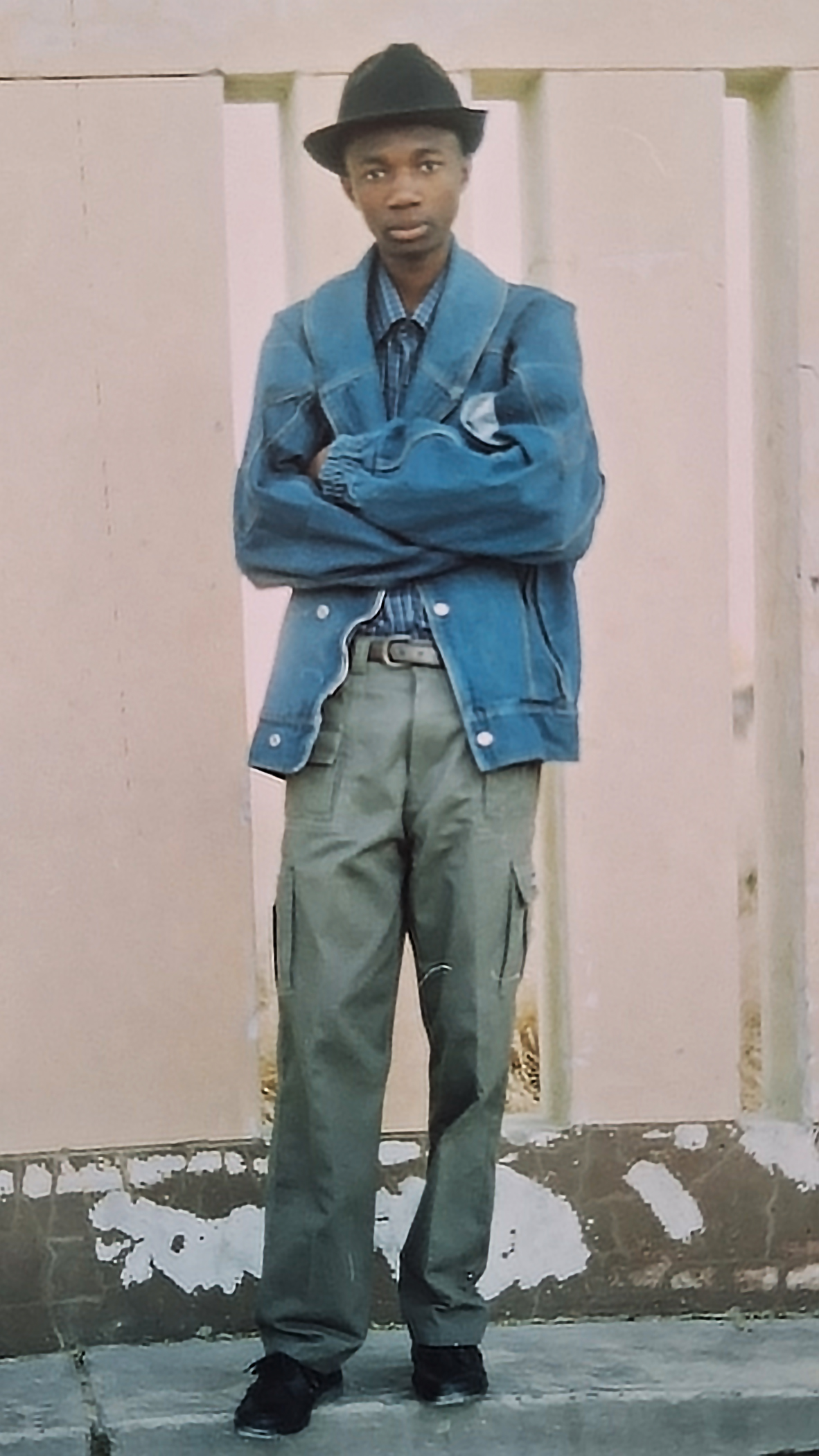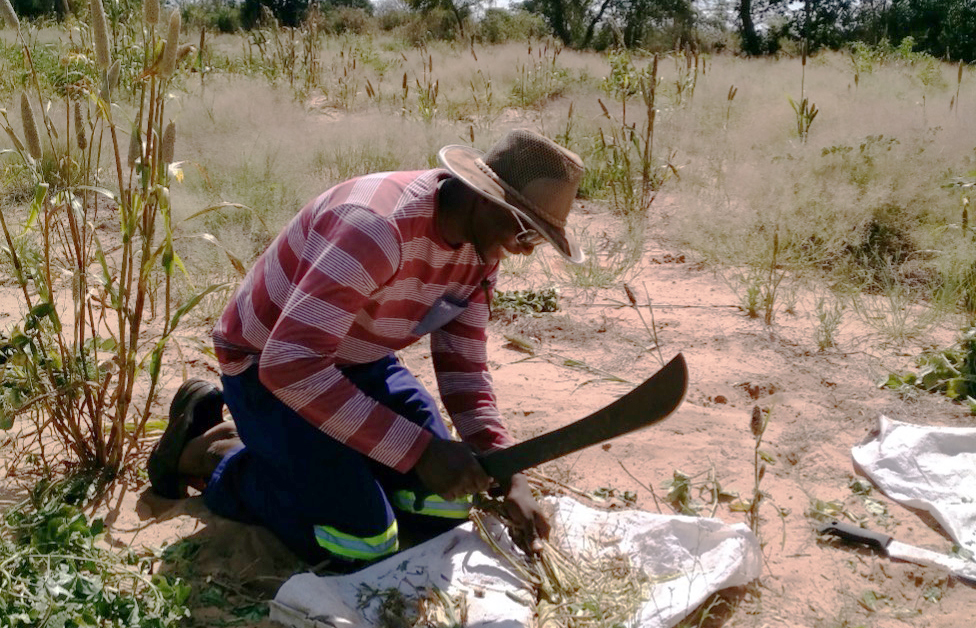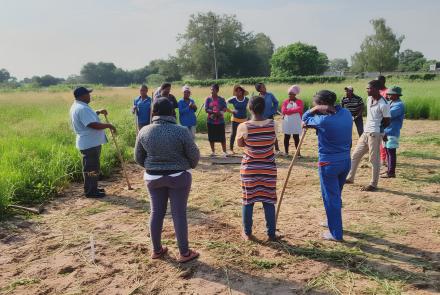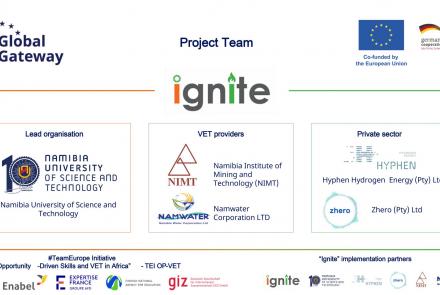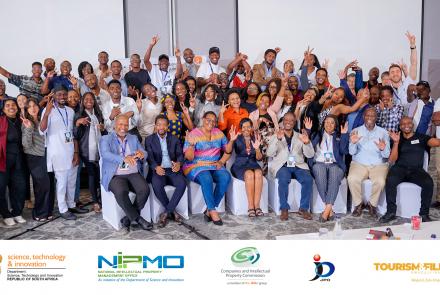A Goat Herder who became a Philosopher
Born and raised in the village of Onankandja, nestled in the Okahao district of the Omusati Region, as a young boy, Teofilus Shiimi spent his early days herding goats. He excelled at Omukondo Primary School, Uukwandongo Combined School, and Etalaleko Senior Secondary School, consistently ranking among the top students.
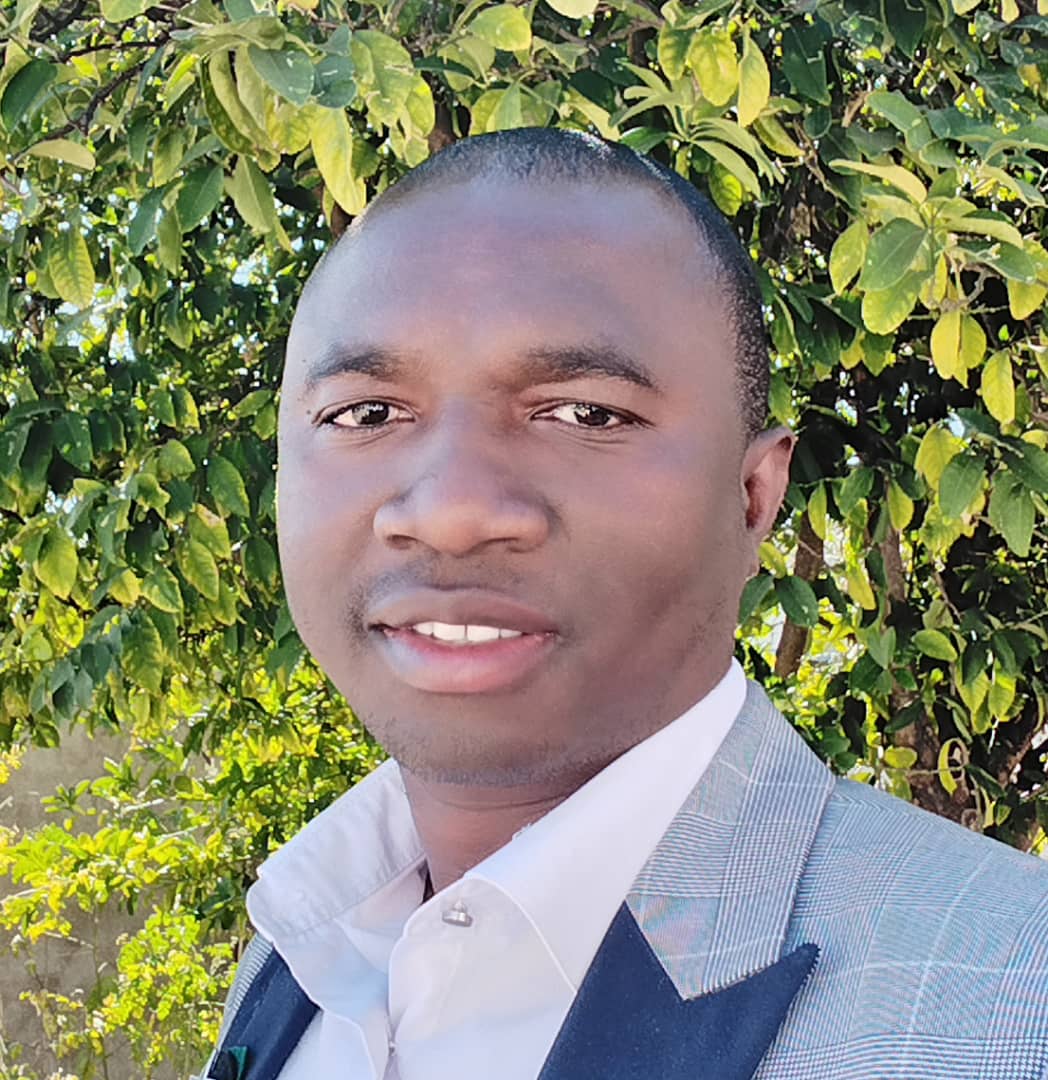
Initially, he dreamed of other fields, but when the opportunity to study agricultural economics arose, he took it. “I grabbed the opportunity of being an Agriculturalist because at that time, the Founding President of Namibia was promoting students to study agriculture. I started to love it, and today, I am proud to be an Agricultural Economist,” he recalls.
After his undergraduate studies at the University of Namibia, Teofilus continued at the University of the Free State in South Africa. His passion for agriculture grew, especially after his Master’s research paper was recognised as the best student research paper at the Agricultural Economics Association of South Africa conference in 2010. This accomplishment fuelled his desire to pursue his career at the then Polytechnic of Namibia as a lecturer.
The pursuit of a PhD
In 2015, as NUST emerged from the Polytechnic of Namibia, he embarked on his own personal transition: the pursuit of a PhD in Natural Resources. It was a six-year journey, filled with challenges, most notably the difficult decision to leave his family behind in Windhoek for three years to gather field data. He recalls this period as the most challenging, sharing, “Leaving my family in Windhoek to be in the field for data collection for three years was hard. Then, coming back to the office and dividing attention between lecturing and writing up my thesis was another challenge.”
You reap what you sow
Now, with his Doctor of Philosophy in Natural Resources, Teofilus reflects on his journey with a heart full of gratitude. His role as a lecturer at NUST has allowed him to witness the transformation of both the institution and its students, reminding him that he, too, has transformed in ways he could never have imagined as a young boy tending goats in Onankandja. His thesis, titled ‘Conservation Agriculture: Analysing Willingness to Adopt, Crop Productivity, and the Effects of Socioeconomic Factors in Northern Namibia,’ aims to determine the factors that influence the practice of conservation agriculture by subsistence crop farmers in three regions: Zambezi, Kavango East, and Kavango West.
Through his experiences, Teofilus has come to view life like the agricultural cycles he teaches about: there are seasons of planting, seasons of growth, and finally, seasons of harvest.

